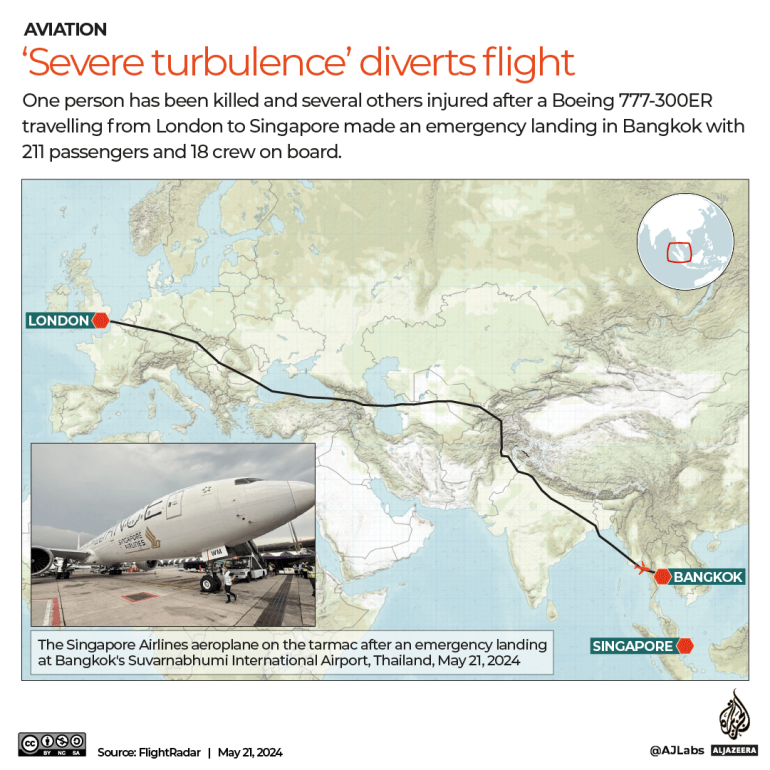The SIA Group achieved a net profit of $206 million in the first half of the financial year, $10 million (+5.1%) higher than last year.
Revenue rose $418 million, primarily from strong growth in passenger flown revenue, partially offset by a reduction in cargo flown revenue. Strong passenger traffic growth continues to support operating performance while cargo demand remains weak amid trade uncertainties.
The Group recorded a reduction in share of losses from associated companies (+$36 million), mostly from Virgin Australia, and a higher share of profits from joint venture companies (+$19 million). Passenger flown revenue for the Group was also up $514 million (+8.2%), lifted by 7.6% growth in traffic.
Route Development
During the quarter, the Parent Airline Company began operations of its inaugural Seattle services on 3 September 2019, its fourth non-stop service to the US, following the successful launch of Newark flights a year ago. In addition, Busan services launched by SilkAir in May, were taken over by SIA from 28 October 2019, boosting seat capacity to cater to growing demand. Seasonal services to Sapporo will also be operated from 30 November 2019 to 6 January 2020. As at 30 September 2019, SIA served 65 destinations, including Singapore.
Following the commencement of Fuzhou and Kota Bharu services in July 2019, Scoot added two new destinations in India, Coimbatore and Visakhapatnam, to its network from 27 October 2019.
Overall, the portfolio of airlines in the Group served 137 passenger destinations in 37 countries and territories, including Singapore, as at 30 September 2019.
SIA’s cargo operations will continue to pursue charter opportunities and deploy capacity to match demand. The freighter network covers 19 cities, including Singapore.
Outlook
Passenger bookings in the coming months are expected to be stronger year-on-year, with yields supported by premium cabin traffic. However, headwinds persist in the form of intensifying competition in key operating markets, as well as an uncertain global economic outlook. Cargo demand is likely to remain weaker year-on-year, despite the seasonal peak, amid ongoing trade tensions and a manufacturing slowdown in key export economies.
As it enters the final lap of its three-year Transformation programme, the SIA Group remains committed to enhancing customer experience, improving operational efficiency and boosting revenue by strengthening digital capabilities. The recent expansion of the KrisConnect programme is one significant milestone. Utilising technology enablers such as NDC (New Distribution Capability), and APIs (Application Program Interface), KrisConnect facilitates integration and exchange of content between the Group and its partners, enabling customers to access personalised offerings across more distribution channels in addition to traditional owned channels.
KrisShop, the airline’s flagship travel retailer, has been restructured to become a premium omni-channel e-commerce retailer. It will continue to expand its range of products and services through its themed concept stores and official brand stores on the new website. Optimised by advanced technological and logistics capabilities, KrisShop has introduced multiple consumer-centric initiatives for convenient payment, pre-order and delivery services. Additionally, the new SIA mobile app, designed for faster performance and improved usability to give customers a seamless and more personalised experience, was launched in August 2019. These initiatives are testament to the Group’s aggressive digital transformation efforts.
Source: SIA Press Release









